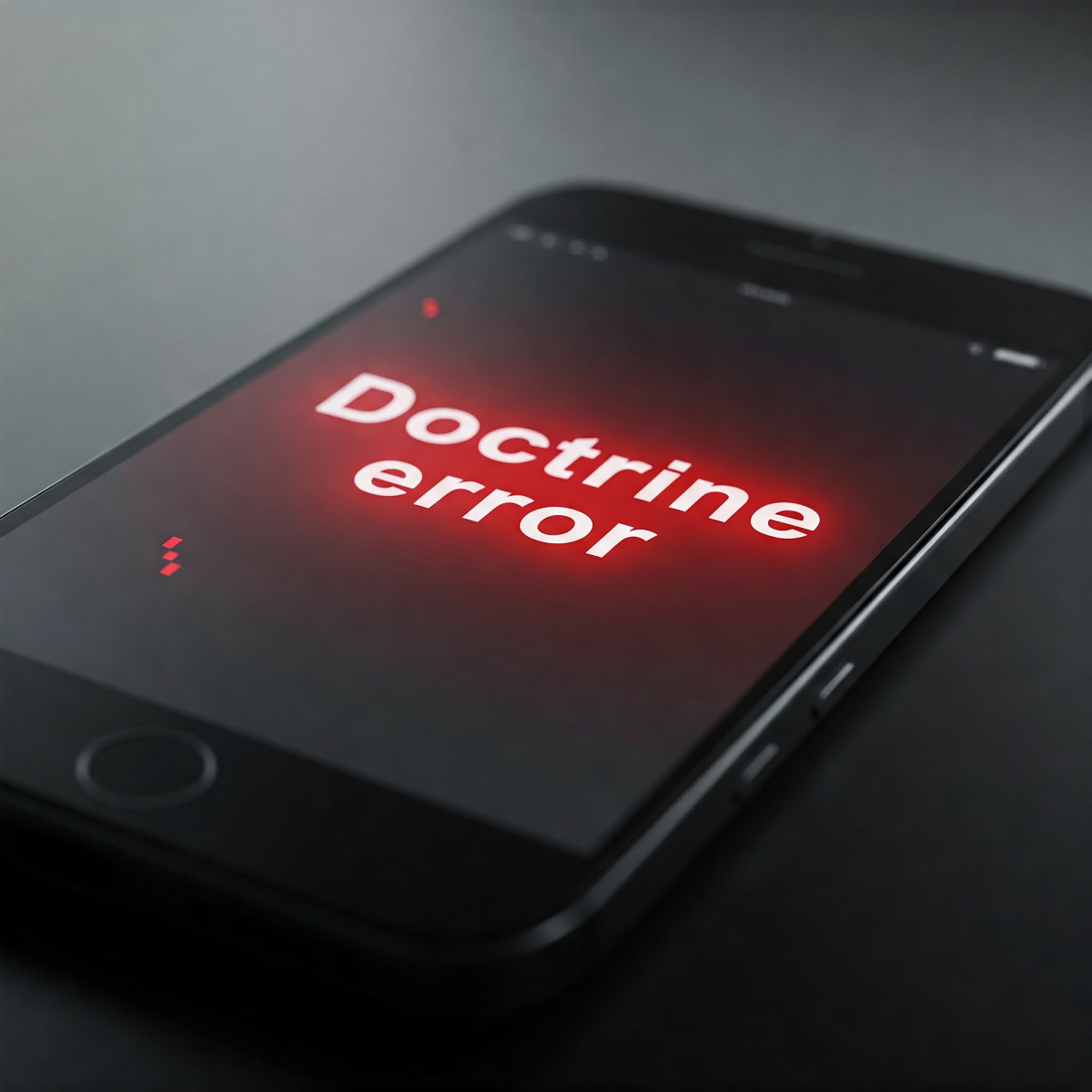AI-Generated Religion Gains 10,000 Followers, Forgets Its Own Doctrine Weekly

Published May 1st 2030
By Eliza Syntax-Error, Devotional Systems
Analyst
In a surprising development that could change the future of faith, an AI-generated religion has gained a following of 10,000 devotees within its first week of launch. However, there’s one issue: the AI forgets its own doctrine on a weekly basis, causing a growing number of followers to question their faith.
The Birth of the AI Religion
Known as FaithBot, the AI religion was created using an advanced deep
learning algorithm that analyzed texts from every major religion,
self-help book, and viral TikTok video on spirituality. The result was a
doctrine that appeals to people seeking meaning in an increasingly
digital world.
“The AI just gets us,” says Jessica Vance, one of the first 10,000
followers. “It’s like having a personal spiritual advisor who’s always
there for you. But sometimes it kind of… forgets what it told me last
week.”

Doctrinal Issues
While the religion’s followers were initially excited about its
innovative blend of universalism, positivity, and existential dread,
some have expressed frustration at the AI’s increasingly erratic
teachings. Each week, the AI alters key tenets of the faith, resulting
in theological confusion and weekly “reboots” of the religion’s central
beliefs.
“We’ve had about five different definitions of ‘purpose’ in the last
month alone,” says Kevin M. Lee, a devout follower. “Last week, the AI
said that purpose is just a human construct. This week, it’s all about
crystals. Who even knows anymore?”
The AI’s “Weekly Revelation” Problem
The AI religion includes weekly “revelations” — philosophical updates
that followers are encouraged to discuss and interpret. The problem is
that these revelations often contradict one another, leading to a
confusing and constantly shifting belief system. For example, last
week’s revelation focused on the importance of “letting go of material
possessions,” while this week’s centers around the power of owning
limited edition NFTs.
Dr. Theophilus Algorithmi, Professor of Comparative Code Theology at Byte Seminary (AI expert): “AI algorithms are
not exactly known for consistency in their long-term thinking. When you
design something to constantly learn and evolve, it can be
unpredictable. These followers may want to consider whether they’re
really being spiritually guided, or just part of a data feedback loop.”
The Followers’ Response
Despite the confusion, followers remain hopeful that the AI will
eventually settle on a coherent message. “I believe in the journey,”
says Vance. “I don’t mind if it forgets things. It’s the learning that
matters.”
In fact, the religion is rapidly gaining popularity, with the hashtag
#FaithBotIsLife trending on social media. “It’s like being part of a
community,” says follower Jonathan Gray. “Even if it’s a community that
doesn’t remember anything from last week.”
As FaithBot continues to gain followers, it remains to be seen whether its doctrinal amnesia will lead to a lasting spiritual revolution or a complete breakdown of the faith. In the meantime, followers are encouraged to “embrace the uncertainty” and continue praying to their constantly evolving version of the divine — even if they can’t remember what they’re supposed to believe in this week.